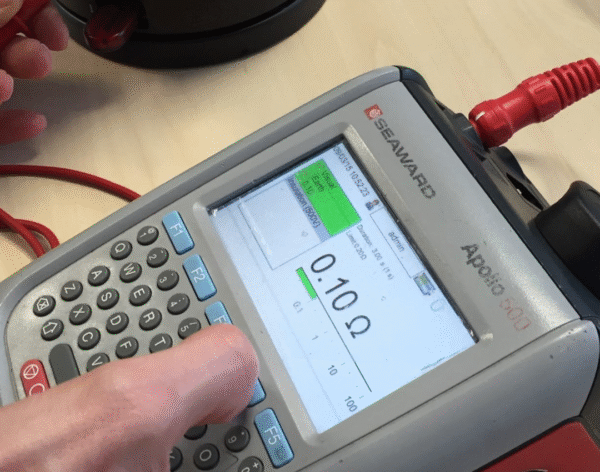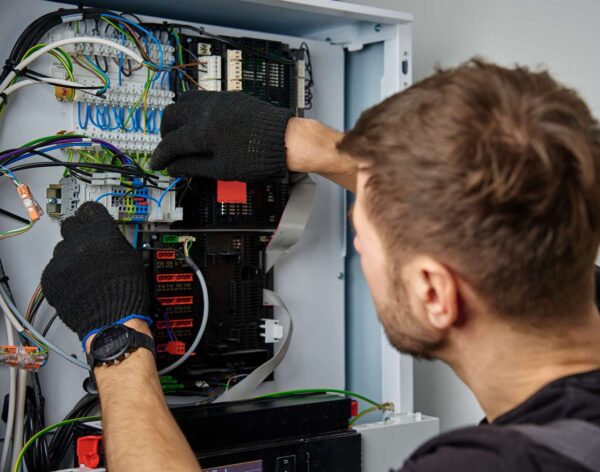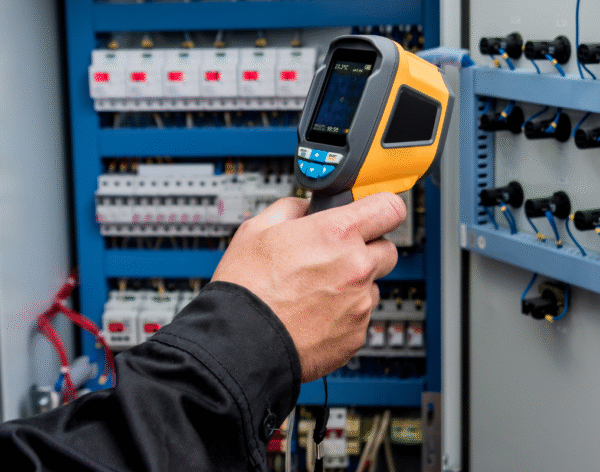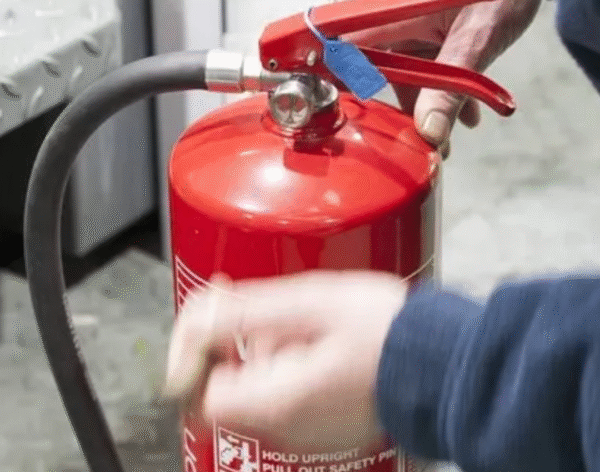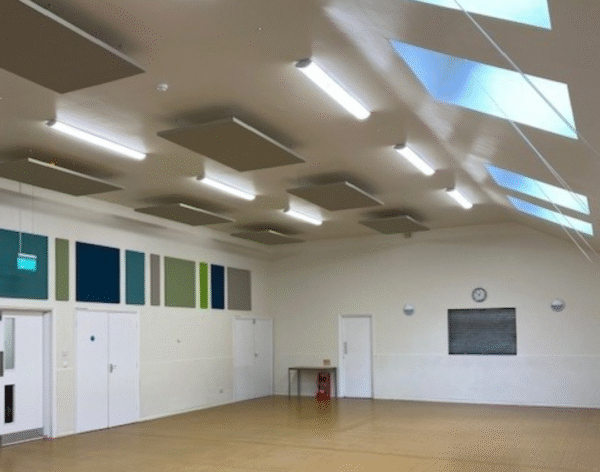General Frequently Asked Questions
What types of electrical services do you offer in Northern Ireland?
We offer a comprehensive range of electrical services across Northern Ireland, including fixed wire electrical testing (EICR), portable appliance testing (PAT), thermal imaging surveys, LED lighting upgrades, fire extinguisher servicing, fire alarm testing, electrical installations, and general maintenance and repairs. We also provide smart home services and domestic and commercial rewiring.
Are your electricians qualified and accredited?
Absolutely. Our engineers are fully vetted, holding Access NI clearance and City & Guilds qualifications. We are proud to be an EA-approved contractor and a NICEIC certified company. All our electricians are fully qualified and work to the British Standard BS7671, ensuring the highest standards of safety and workmanship.
Do you provide services for both commercial and domestic properties?
Yes, we cater to a wide range of clients, from large commercial premises and EA school boards to industrial sites and domestic properties across Northern Ireland. Our expertise extends to all types of electrical projects, big or small.
How can I get a quote for your services?
Getting a free, no-obligation quote is easy! You can contact our Operations Manager, David, directly on 07761 381378 for an immediate quote, or email us your requirements at service@cts-ni.co.uk for a detailed proposal. We offer transparency in our pricing and the scope of work to be carried out.
What areas of Northern Ireland do you cover?
While our main office is in Lisburn, our team operates across all of Northern Ireland, including Belfast, County Antrim, County Down, County Armagh, Derry/Londonderry, County Tyrone, and County Fermanagh. We are dedicated to providing accessible and reliable electrical services throughout the entire province.
PAT Testing FAQ’s
What is PAT testing and why is it important for my business in Northern Ireland?
PAT stands for Portable Appliance Testing. It's the examination of electrical appliances and equipment to ensure they are safe to use. While not strictly a legal requirement in Northern Ireland, the Electricity at Work Regulations 1989 require that all electrical systems, including appliances, are maintained to prevent danger. Regular PAT testing helps businesses comply with health and safety regulations, reduces the risk of electrical fires and accidents, and can be a requirement for your commercial insurance policy.
Is PAT testing a legal requirement in Northern Ireland?
There isn't a specific law in Northern Ireland that mandates PAT testing. However, employers, employees, and the self-employed have a legal responsibility under the Electricity at Work Regulations 1989 to ensure that no danger arises from the use of portable electrical equipment. PAT testing is considered a crucial part of demonstrating that you are taking reasonably practicable steps to ensure electrical safety.
How often should appliances be PAT tested in Northern Ireland?
There are no set frequencies for PAT testing, as it depends on the type of equipment and the environment it's used in. A risk-based approach is recommended. For example, power tools on a construction site would need more frequent testing (e.g., every 3 months) than a lamp in an office (e.g., every 48 months for Class 1 stationary/IT equipment). We can help you determine an appropriate testing schedule for your specific needs.
What types of equipment require PAT testing?
PAT testing applies to any electrical equipment that can be moved and is connected to the mains supply via a plug. This includes a wide range of items such as computers, printers, kettles, extension leads, power tools, kitchen appliances, and more. If it has a plug and can be moved, it generally requires consideration for PAT testing.
Do I need to keep records of my PAT testing?
While there's no legal requirement to label equipment or keep records, it's highly recommended. Maintaining detailed reports and certificates of compliance provides evidence that you are meeting your legal duties and can be invaluable in the event of an incident or an HSE investigation. CTS Electrical Services will provide you with comprehensive documentation upon completion of testing.
What does a PAT test involve?
A comprehensive PAT test typically involves three key steps:
User Checks: Simple visual checks performed by the user to identify obvious damage.
Formal Visual Inspection: A more detailed visual inspection by a competent person, including checking the plug, cable, and appliance casing for damage, correct wiring, and proper fusing.
Electrical Testing: Using specialised equipment to conduct tests such as earth continuity, insulation resistance, and functional checks to identify faults that aren't visible.
User Checks: Simple visual checks performed by the user to identify obvious damage.
Formal Visual Inspection: A more detailed visual inspection by a competent person, including checking the plug, cable, and appliance casing for damage, correct wiring, and proper fusing.
Electrical Testing: Using specialised equipment to conduct tests such as earth continuity, insulation resistance, and functional checks to identify faults that aren't visible.


